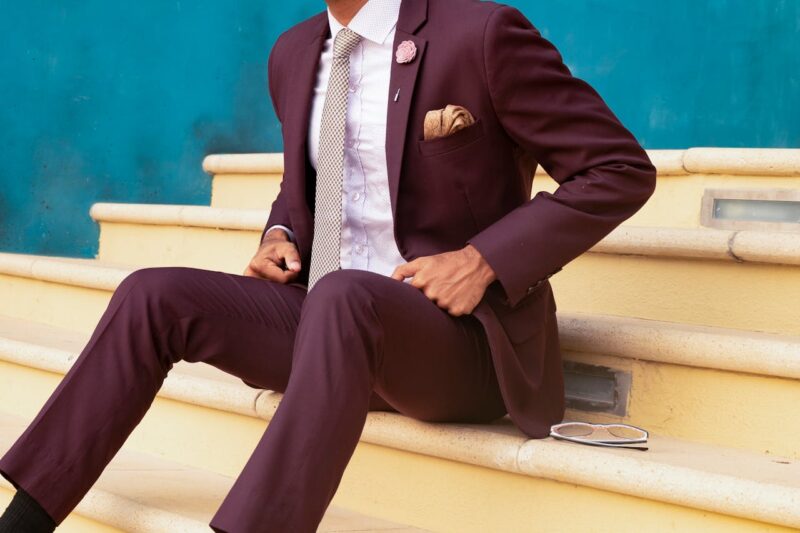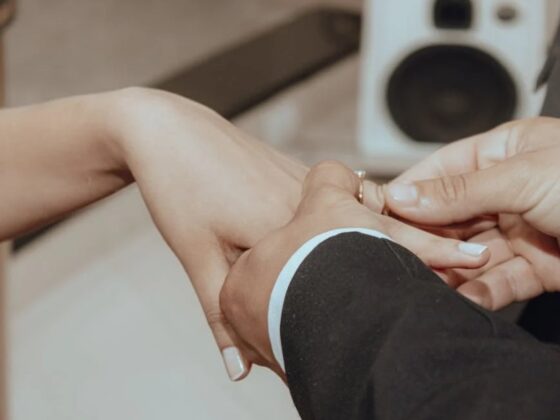Men’s suits have long embodied elegance and sophistication; they are a staple in wardrobes across the globe and signify entry into the realms of business, politics, and formal gatherings. However, the classic suit is undergoing a notable transformation, influenced by the demands of the 21st century.
Straddling the line between tradition and contemporary needs, manufacturers are redesigning sartorial icons to better suit our times. The changes reflect not only changes in aesthetic preferences but also in functionality, comfort, and sustainable practices.
Reimagining the Classic
Suits of yesteryear, with their well-defined lines and luxurious fabrics, may still hold a place in formal wear. However, today’s consumers crave more flexibility and adaptability; the “one-size-fits-all” mentality no longer applies. Companies are creating garments that are feather-light, wrinkle-resistant, and stretchable — all while maintaining a classic appearance. The integration of stretchable fabrics and advanced textile technology allows for a closer, more comfortable fit without compromising on style.
The evolution of materials plays a significant role in redefining the traditional suit. Developers are engineering new fibers that balance comfort and breathability, such as blends incorporating bamboo or modal. These innovations offer remarkable softness and improved moisture management, making them ideal for everyday wear and changing climates. Such advancements ensure that even as the weather changes, the wearer remains at ease and stylish.
To this end, options like the Sartoro Astor in green sharkskin showcase how tailored suits can be both creative in design and personalized for individual preferences, embodying the fusion of tradition with contemporary modifications.
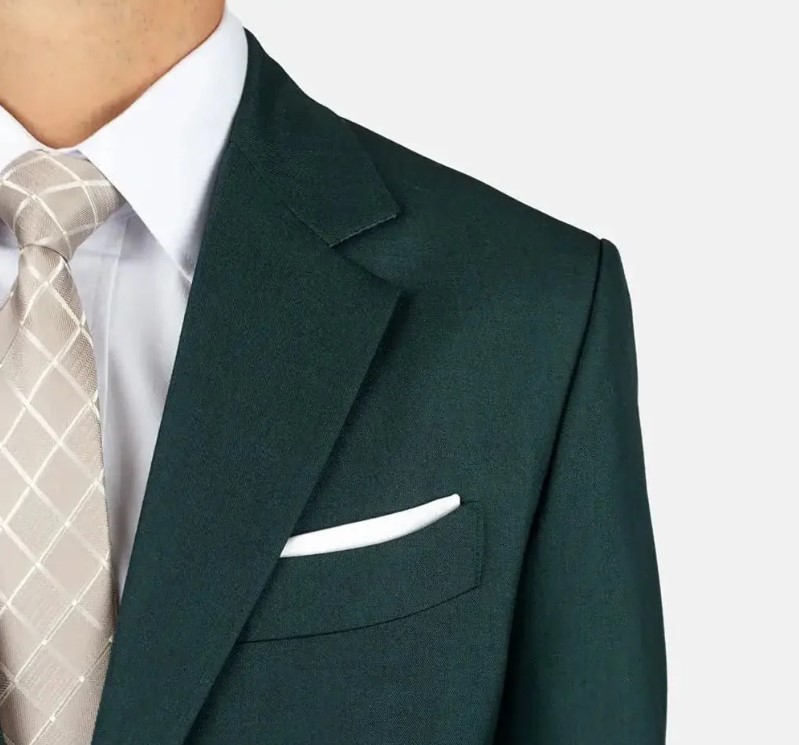
Function Meets Fashion
As work environments move away from traditional corporate offices, sartorial trends follow. Modern suits are being designed with multipurpose functionality. Consider, for instance, reversible blazers that offer different patterns and colors on each side. Or trousers with hidden zip pockets catering to the sleek but functional desires of today’s professionals. Such innovations ensure that the wearer navigates effortlessly from boardroom meetings to casual outings, seamlessly blending with both environments.
Tailors now also incorporate features that facilitate ease of maintenance into their designs. Brands acknowledge that a suit kept in pristine condition reflects well on its wearer, which is why they explore features like stain-release finishes and enhanced durability threads. These elements keep the suit in excellent shape over time, proudly withstanding the rigors of daily use while prolonging its lifespan.
Customization ─ The Personal Touch
While mass-produced suits remain readily available, there is a renewed interest in customization. With the assistance of digital platforms, tailoring no longer solely belongs to the elite; now, anyone can purchase a personalized garment without breaking the bank. Consumers input measurements online, specifying fabric, color, and style preferences. Tailored deliveries promise a superior fit, addressing the wider range of body types and unique aesthetic desires.
Customization offers more than just a physical fit—it provides an emotional connection. When individuals participate in the creation of their suit, from selecting the lining to choosing buttonhole colors, they invest a part of themselves into the final product. This personal involvement not only ensures the final garment aligns perfectly with personal taste but also nourishes a deep sense of pride and individuality.
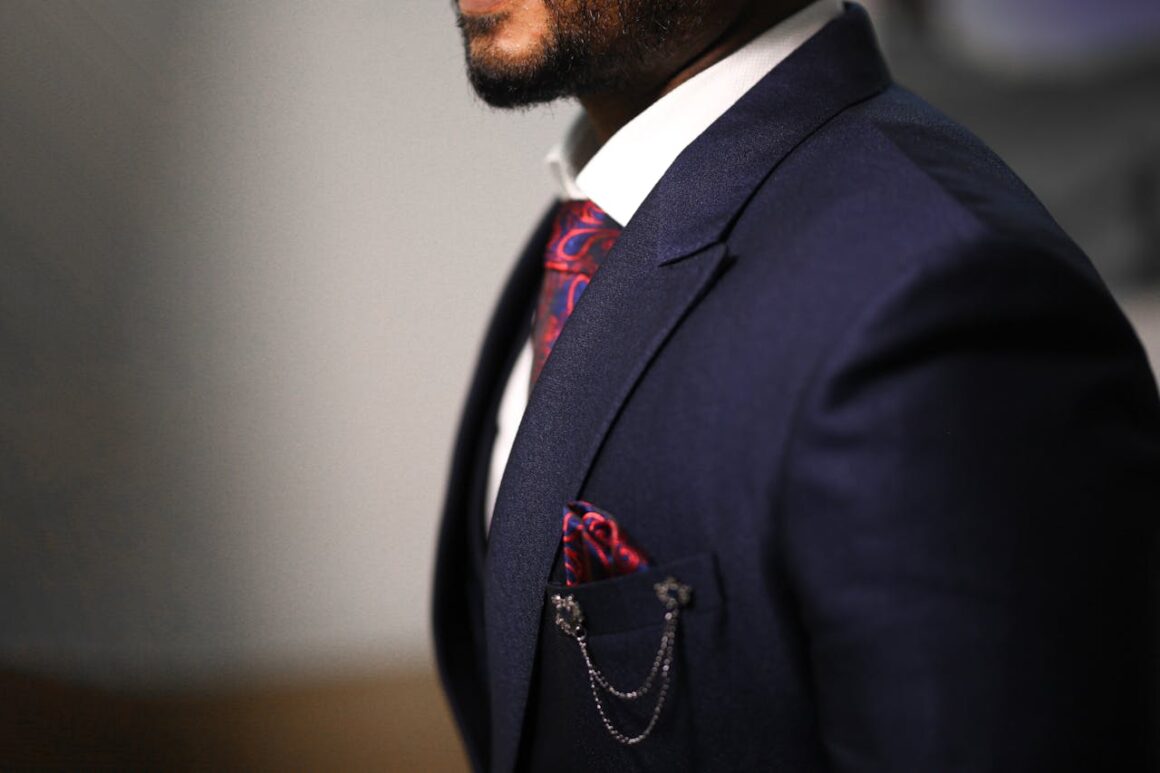
Sustainability Takes Center Stage
The push for sustainable practices has not bypassed the realm of men’s tailoring. Eco-conscious consumers demand transparency and responsibility, driving brands to incorporate sustainable materials such as organic cotton and recycled polyester into their creations. Moreover, ethical labor practices and ‘Made in [Country]’ transparency reassure today’s consumer of the garment’s origin and production standards. As a result, sustainability becomes a principal component of the present-day suit.
Efforts to minimize waste and reduce the carbon footprint in the fashion industry contribute greatly to the movement. Brands implement technology that optimizes the cutting process, maximizing material use and minimizing scraps. This mindful approach, coupled with recyclable packaging solutions, showcases a broader commitment to environmental stewardship, appealing to those who value both style and sustainability.
Embracing Technology
The integration of technology into everyday fabric is gaining pace. Smart textiles, once the stuff of science fiction, now offer astonishing features to suit wearers. Features include temperature regulation, stain resistance, and even space for tech gadgets. Certain suits boast technology that adapts the fabric’s breathability to the weather, making them usable year-round and enhancing the wearer’s comfort significantly.
The role of technology is most evident in smart tailoring processes. Online platforms allow clients to visualize their suits in real-time before committing. Virtual fitting rooms, where customers interact with different designs through augmented reality, elevate the shopping experience to unprecedented levels. This embrace of technology transcends convenience, actively reshaping how we perceive and interact with fashion, making it accessible and personalized.
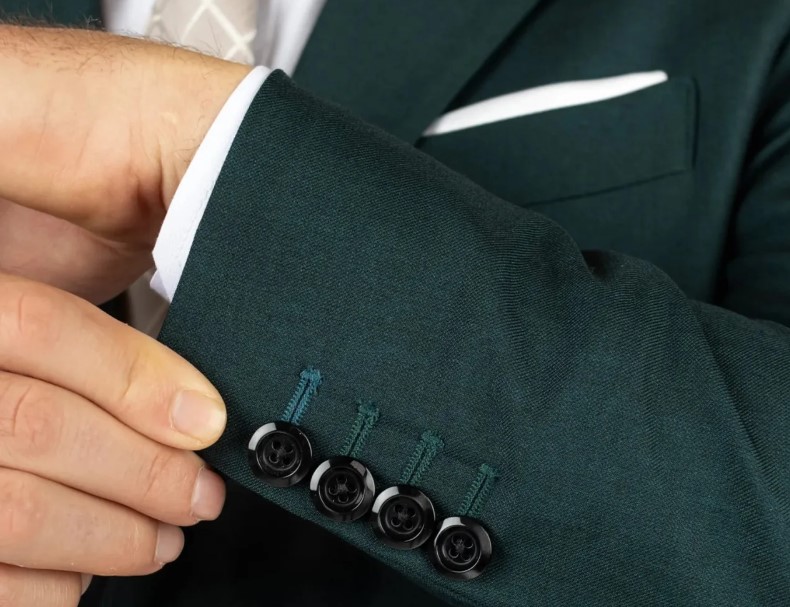
A Look Ahead
The winds of change blowing through the sartorial world suggest a future where suits will reflect a more inclusive array drenched in personalization, sustainability, and technological enhancement. As tradition intersects with fresh ideas, the suit industry must prepare to not only meet the demands of a contemporary audience but also to anticipate future trends that enhance the relevance of this iconic attire.
As we gaze into the future, the demand for versatile suits will likely increase. A garment that gracefully transitions across various contexts—from official ceremonies to evening gatherings—encapsulates the lifestyle of modern professionals. The suit may evolve into a truly hybrid masterpiece, intertwining luxury with everyday utility, fostering an ease of expression, and reflecting personal values and ethics.
